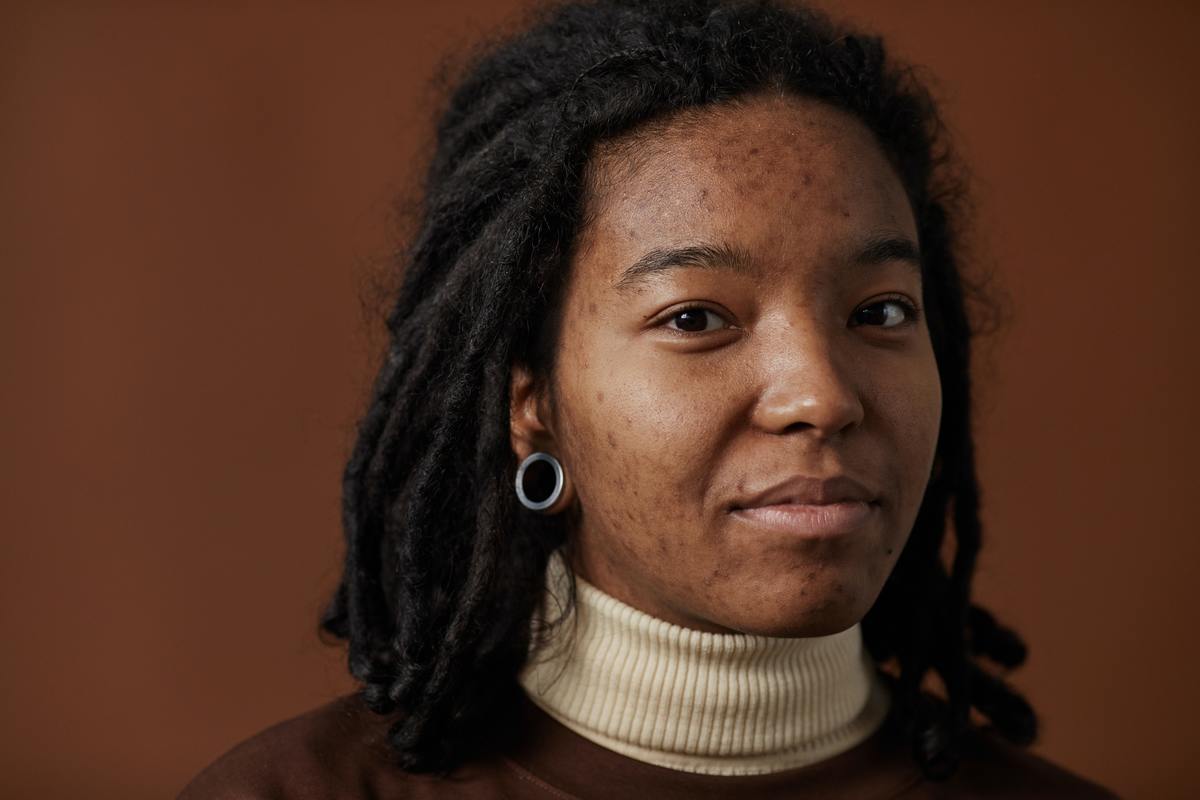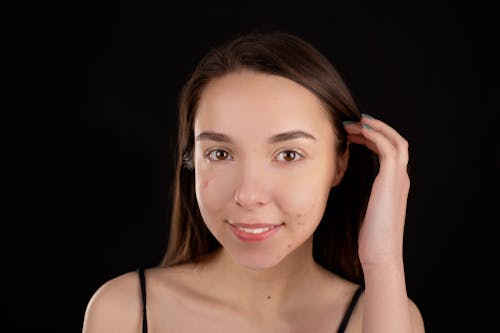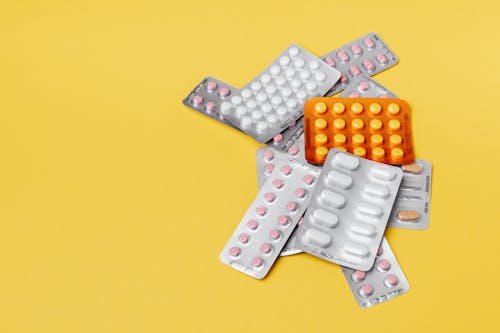
People of all ages and genders can want to figure out how to get rid of acne, as people of all walks of life struggle with acne.
Acne is not just a condition that plagues hormonal teenagers. Even adults can grapple with this annoying skin condition, and babies, too, with neonatal acne. Statistics reveal that 80% of people from 11 to 30 years old will deal with at least mild acne at some point in their lives. Studies also indicate that acne is the 8th most prevalent disease in the world, with the majority of the global population battling acne on a daily basis.
Acne is a condition of the skin that occurs when an individual experiences oil, dirt, and dead skin build up in their hair follicles, leading to inflammation and infection. Acne can be in the form of whiteheads, blackheads, and pimples. While acne most commonly occurs in teenagers who are undergoing puberty due to hormonal changes, acne can affect anyone. As long as you have pores, you can get acne when they’re clogged.
Most people want to get rid of acne because of how it looks. Inflamed, red, raised bumps on the skin are not so lovely to look at. However, acne can also be painful.
Not only is acne sometimes painful and uncomfortable, but the stigma surrounding acne may result in issues with one’s self-esteem and confidence. One or two zits can be seen as a minor inconvenience, but what if they erupt all over your face? In a world that’s so obsessed with perfection, as seen in social media that offers tons of filters to create viral images, it can be very depressing to deal with acne. This is especially true for males, who won’t feel as comfortable putting on makeup to cover up their acne. Learn more about this skin condition below.

What Causes Acne?
To find out the best solutions, you must first learn about the root cause. Here are the most common reasons why people get acne.
Genetics
Your DNA is largely responsible for your skin type and how prone to acne you are. You can have dry, oily, combination, or normal skin, which can determine how fast acne erupts on your face. If your family members have sensitive or acne-prone skin, you’re most likely to develop the same issue. Fortunately, you can control it with proper diet and lifestyle habits.
Diet
A large part of what causes acne is what you put in your mouth. Certain foods, like carbohydrate-rich foods, dairy products, and nuts, are known to potentially worsen inflammation. Additionally, certain food allergies may cause acne flare-ups in some individuals. It is best to get a food allergy test with your doctor or try the elimination diet. That latter means cutting out certain food groups that are known to worsen acne for days to weeks at a time to find out which ones negatively affect you.
Stress
Stress can aggravate and worsen acne, as it takes a physical toll on your body and its proper functioning. Notably, stress is not only caused by your nine-to-five job. Stress can also be a result of poor sleeping habits, not eating enough, and not exercising enough. Additionally, stress can also be caused by factors like your external environment and even family life.

Some medications
Some medications, like corticosteroids, testosterone, or lithium, may cause acne flare-ups. However, before eliminating the use of such medications, first, consult your physician.
Hormones
Hormonal changes, like in puberty where androgen hormones increase, can cause enlargements in the sebaceous glands, leading to increased sebum production. This is the case for many teenagers, which is why their age group commonly battles acne issues. Hormonal changes may also occur during midlife and pregnancy for women.
How to Get Rid of Acne?
Clogged pores are a nuisance that can lead to irritation. Of course, no one likes to have a face full of pimples, whiteheads, and blackheads. Apart from looking unsightly, they can lead to scarring. Some types of acne don’t just leave discolored blemishes but they create holes or pits on your skin, resulting in uneven complexion. Here’s what you can do to avoid acne flare-ups.
Tweak your diet to help get rid of acne
If you notice that certain food groups worsen your acne, it might be best to cut them out for the time being. As mentioned, nuts, dairy, and carbohydrate-rich food can worsen acne. Moreover, avoid eating foods that are known to be, or that you suspect, are your allergens.
Stay hydrated
Drinking lots of water to keep your skin hydrated and elastic can also help you get rid of acne. Drinking the recommended 8 to 10 glasses of water daily also helps rid your body of toxins and balances out your body’s PH levels. Supple, smooth skin needs hydration from within.
Exercise
Working out regularly also helps your body with the detoxification process. If you want clear skin, incorporate cardio and strength training exercises into your lifestyle. After all, your skin is a manifestation of what goes on inside your body. Furthermore, exercise also releases endorphins to combat stress, which is known to worsen acne.

Follow a good skincare routine
One way to help get rid of acne is to follow a solid skincare routine. This would include a nice and gentle cleanser, a toner, and a moisturizer. Do note that what is a good skincare routine for your favorite influencer may not be the same for you. Try patch tests for each product before putting on a full application. Some products that are known to be great for clearing acne include salicylic acid, Alpha Hydroxy Acids (AHA), Lactic acid, and retinoids. You can also try using hydrocolloid or pimple patches to deflate active breakouts. Moreover, natural remedies like lemon juice, honey, shea butter, coconut oil, aloe vera, and baking soda may also be added to your regimen.
Get adequate sleep
Sleep is important as it allows for the regeneration of the cells in your body, including skin cells. Moreover, getting adequate sleep lessens physical stress and its toll on your body. You may be surprised that your skin may clear up when you are well rested.
See a dermatologist
If you are struggling to get rid of acne after using home remedies or changing your habits, you may want to consider seeing a dermatologist or skin health specialist. One thing to note is that acne is not simply an issue of the skin. It can also be related to other illnesses, like Polycystic Ovarian Syndrome (PCOS), in women. Your skin’s health may also be an outward reflection of your overall physical health. By seeing a dermatologist or licensed professional, you will be advised to take the right measures for your skin.
Get a Personalized Skin Health Report Based on Your DNA
If you want to know your genetic skin traits, read your genetic skin profile from CircleDNA. This at-home DNA test provides personalized skin reports based on your genetics. This will help you learn how to properly take care of your skin from the inside and out. When you’re armed with information about the skin traits written in your DNA, you have a better ability to figure out how to take the best care of your skin.







This Post Has One Comment
Comments are closed.